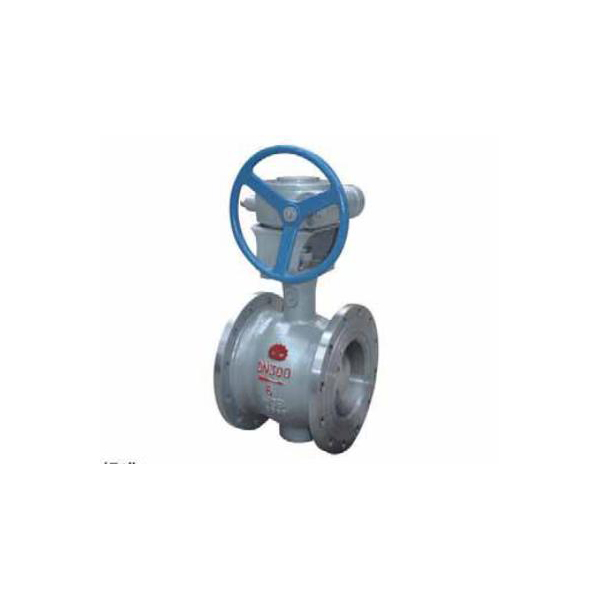Gas engine upgrading specialist Gen-C is working with service provider WB Power Services (WBPS) to upgrade six biogas combined heat and power (CHP) engines at wastewater treatment sites across the north of England. As well as improving performance and reliability, the upgrades allow remote monitoring and operation of the engines, reducing maintenance costs and increasing uptime. Pushing the boundaries of what can be achieved in the world of CHP performance, Gen-C believes this project to comprise the first upgrade of an MWM TCG2020-V20 engine, comprising an open-access control panel with new throttle, fuel mixer and ignition.
WBPS’s existing management agreement with a major water company saw them tasked with overseeing and servicing a number of biogas CHP engines. When the engines were first installed, the original service provider retained full control over them, meaning they were the only ones who could reset the engine in the event of a shutdown, or to complete high level system integration. This also meant that routine operations, such as emissions testing, could only be carried out in the presence of someone with the appropriate passwords and access. This caused regular delays and process interruptions, with staff on-site forced to wait excessive periods before the engines could be restarted or maintained despite having the technical ability to do so themselves. Api 6d Ball Valve

When WBPS were asked to take on a further six MWM engines, they realised that the existing control panels would need to be upgraded to modern open-access versions to allow their engineers to efficiently manage the CHPs without delay, so they turned to Gen-C for support.
Phil Hamblett, Renewables Operations Director at WBPS explains: “As the exclusive supplier and installer of Motortech open-access control panels, Gen-C were the natural choice for this project. The previous closed protocol control system was very restrictive in terms of maintenance abilities and operation. The new open-access system installed by Gen-C allows us to collect data and build information, as well giving us remote access. We are using software that is linked to the hardware, which means that out-of-hours engineers don’t need to leave their house and can login remotely and even restart an engine themselves within seconds. That’s something that wasn’t available under the old, closed protocol system. What’s more, being able to access the engines remotely has reduced travelling time and manhours, providing cost savings and helping to reduce our carbon footprint.”
The contract that WBPS signed with Gen-C covers six MWM CHP engines across four WWTW sites, with a total capacity of 9.5 MWe. The heat from the engines is used on site as part of the sludge treatment process and the electricity produced is exported to the grid. The heat forms a critical part of the sludge treatment process, so if the engines are off for even a short period, the effects can be significant. Three of the engines have already been upgraded, with the other three scheduled to be completed early in 2023. And in an industry first, Gen-C believes this project to be the first time an MWM TCG2020-V20 engine has been upgraded in this way.
The Motortech control panel upgrade from Gen-C allows WBPS engineers to fully access and manage the engines themselves, including remote access so they can dial in to check or change operating parameters, adjust the engine or even stop or start it if required. The system also comes with the IGS-LOG monitoring system as standard.
“There are a lot of things you can tell about an engine from its behaviour, such as deviations in the power curve,” says James Thompson, Managing Director of Gen-C. “Being able to monitor it regularly means that you can manage it more efficiently, improving operation and getting early warning of minor issues, such as valve clearances or spark plug failures. Being proactive in this way really increases engine uptime.”
As well as new control panels, a number of other upgrades are being carried out on the suite of engines, including improvements to the fuel mixers, ignitions and throttles. The throttle upgrade has been particularly successful and includes Gen-C’s latest innovation; a heat-dissipating collar which protects the motor on the waste gate from overheating.
“One of the engines was only operating at 30% output because the motor on the waste gate had seized,” says James Thompson. “Replacing it with a standard Heinzmann throttle would have cost around £6-7,000. Relocating the waste gate away from the engine and adding a heat-dissipating collar is safer, more reliable, faster acting – and cost just a tenth of the price.”
Another innovation was the way in which the open-access CHP control panel was connected to the existing MWM engines. “We didn’t want to cut any cables on the engines, so we created bespoke cables to join the existing wiring from the engine to the new control panel,” explains James. “Combined, these solutions have greatly enhanced the original specification.”
“The installations have been seamless,” comments Phil. “The support we’ve received from Gen-C, including training and technical support, has been great, and the difference in the engines’ performance is impressive.”
For more information, please contact: James Thompson Gen-C Todwick Road Industrial Estate Unit 8, Brookers Way Dinnington Sheffield S25 3SH Tel: +44(0)1709 718 000 Email: info@gen-c.co.uk Web: https://www.gen-c.co.uk
ABB Value Provider wins order for rolling mill DC drive solution
Process and Control Today are not responsible for the content of submitted or externally produced articles and images. Click here to email us about any errors or omissions contained within this article.
Sign-up for our weekly eNewsletter
Advertise with us | Media pack

Tri-Eccenter Butterfly Valve © Copyright 1999-2023 Process and Control Today Ltd Registered in England No. 3733110 - studio44